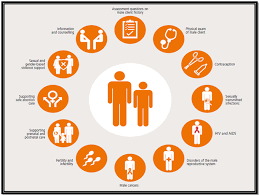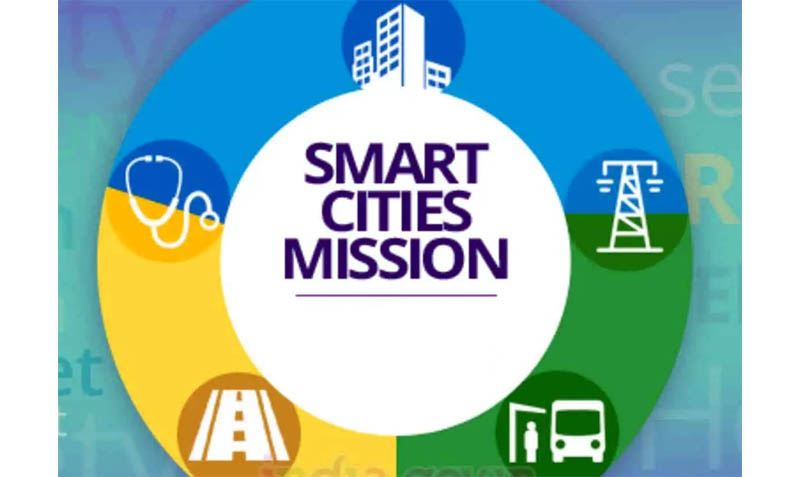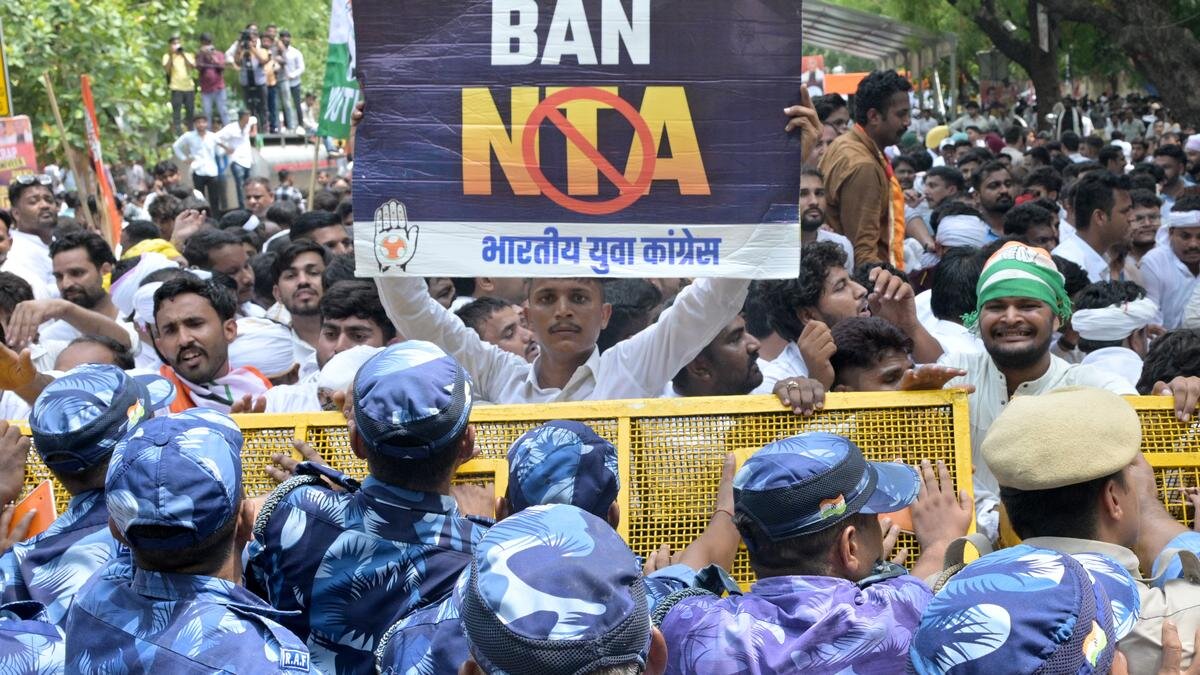The Hindu: Page 11
Syllabus : GS 2 : Social Justice
Recent flooding of a Delhi coaching institute has spotlighted the severe pressures faced by UPSC aspirants, including academic, financial, and mental health challenges.
- The intense demands, high costs, and fears about exam integrity contribute to significant stress, affecting students’ overall well-being and prompting urgent calls for better support systems.

Recent Incident and Systemic Lapses
- A recent flood in a Delhi coaching institute highlighted the precarious living conditions of UPSC aspirants.
- This tragic event has underscored systemic issues and the intense pressures faced by students, impacting their mental health.
Overwhelming Pressure Factors
- Academic Rigour: UPSC preparation demands studying 10-12 hours daily, leading to sacrifices in sleep, social life, and self-care.
- Current Events: Constantly staying updated adds to the stress, creating a cycle of anxiety.
- Self-Induced Pressure: Nearly half of the students experience frequent self-imposed pressure, with one-third reporting anxiety about under-performance.
- Peer and Family Pressure: About 36% of students face peer pressure, and 24% face family pressure.
Economic Pressures
- Financial Investment: Many aspirants come from low-income backgrounds, with significant financial investment in preparation.
- Family Income: A majority of students have a family income between ₹30,000 and ₹50,000 or less, with many from families dependent on farming or skilled/semi-skilled work.
- Coaching Fees: Annual coaching fees range from ₹1 to ₹3 lakh, adding to financial burdens.
- Additional Costs: Housing, meals, and other expenses further strain finances.
- Financial Support: 20% of students find family support insufficient; 30% take part-time jobs or offer tuition, while others borrow money or cut costs.
Exam Integrity Concerns
- Paper Leaks: Recent leaks of NEET and UGC NET exams have heightened concerns about exam integrity.
- UPSC Exam Worries: About one-third of students fear potential leaks in UPSC exams, with 19% worried ‘a lot.’
Impact on Mental Health
- Pre-existing vs. New Stress: Many students reported increased feelings of loneliness, stress, fear, frustration, and sadness since starting preparation.
- Mental Health Trends: Four in ten students reported improved mental health, while three in ten experienced worsening conditions; two in ten saw no change.
Coping Mechanisms
- Support Systems: A majority have confidants to share feelings, though 22% lack such support.
- Healthy Coping Strategies: Common methods include watching TV or listening to music (38%), physical exercises or meditation (30%), and reaching out to family (30%).
- Unhealthy Coping Methods: Some students resume studying under stress (10%) or use substances like smoking or alcohol (6%). Alarmingly, 2% do not know how to manage stress.
Seeking Professional Help
- Therapy: 19% of students felt the need for therapy, but only 6% sought professional help due to barriers like cost, judgement, and lack of access.
- Medication: 10% of students have used sleeping pills or anti-depressants since starting their preparation.
Conclusion
- The UPSC exam journey is demanding, impacting students’ mental health significantly.
- Addressing mental health through self-care, support systems, and professional help is crucial for maintaining resilience and well-being. Recognizing the importance of mental health is essential for ensuring students are prepared both academically and mentally.
UPSC Prelims PYQ : 2016
Ques: Consider the following pairs:
Community sometimes in the affairs of mentioned in the news
1. Kurd : Bangladesh
2. Madhesi : Nepal
3. Rohingya : Myanmar
Which of the pairs given above is/are correctly matched?
(a) 1 and 2
(b) 2 only
(c) 2 and 3
(d) 3 only
Ans : c)






